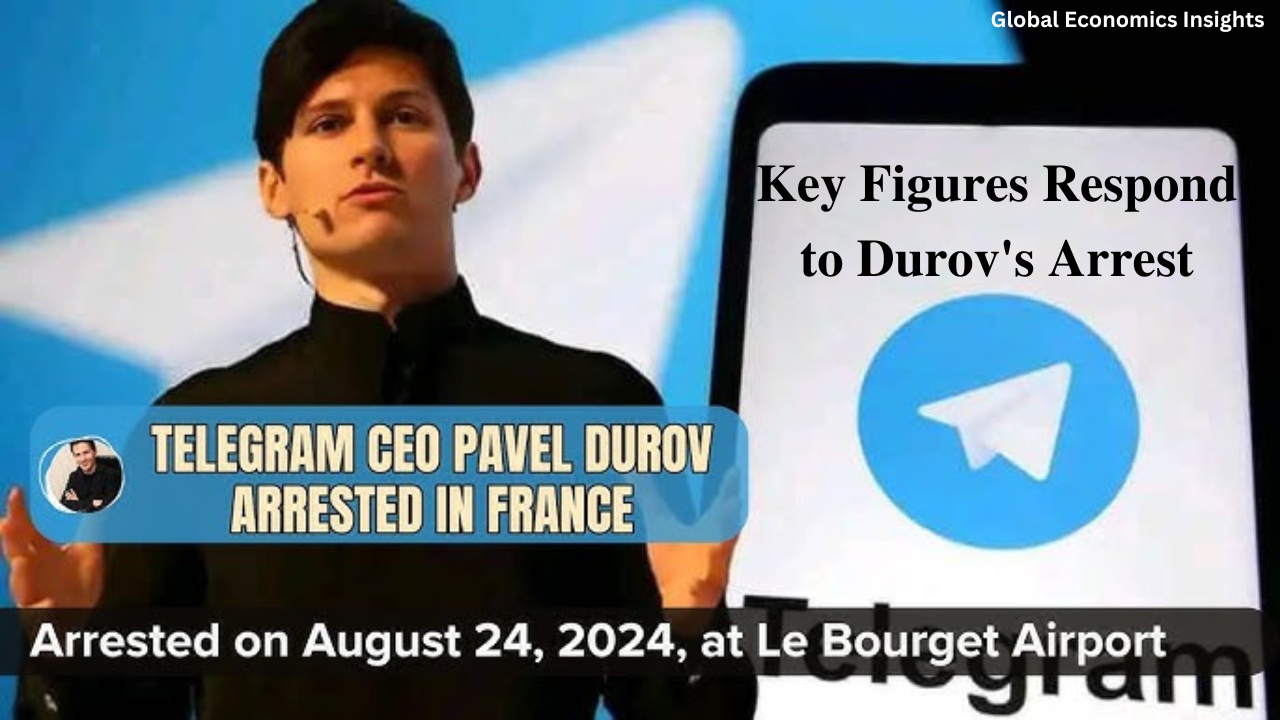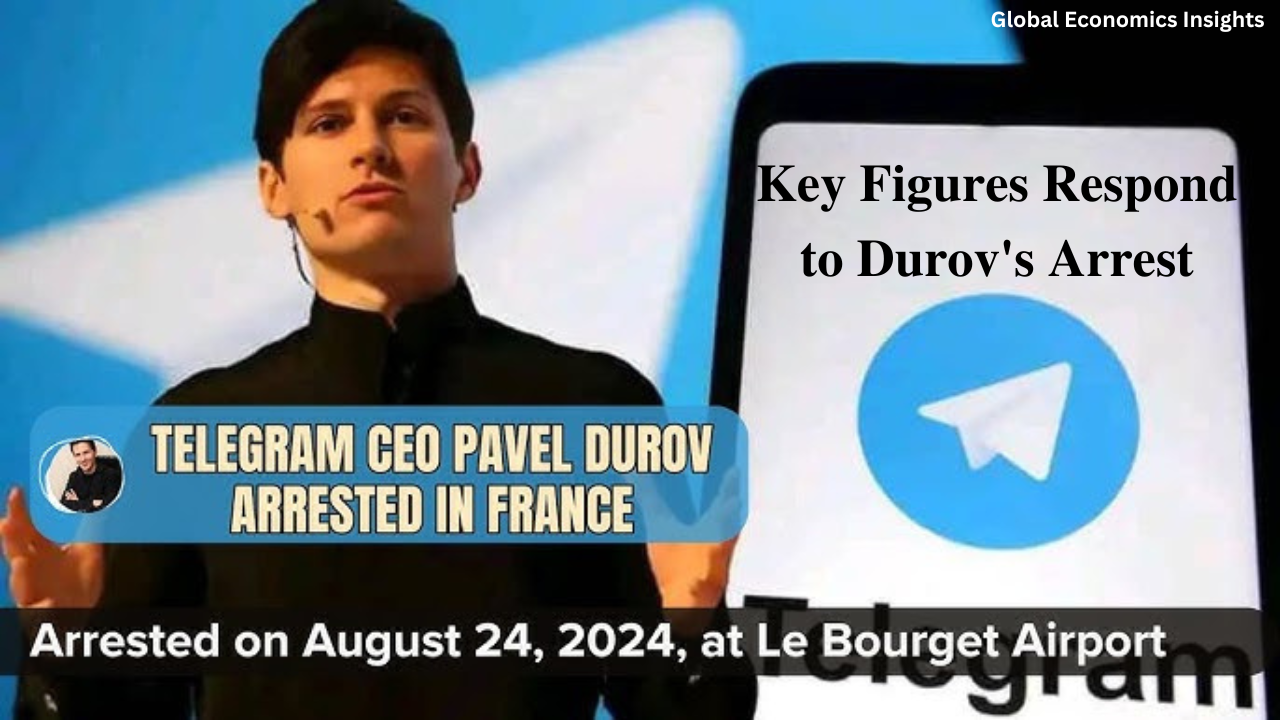In a shocking turn of events, Pavel Durov, the founder and CEO of Telegram, was arrested in France on charges related to alleged cybercrimes and privacy violations. This incident has sparked international outrage, with high-profile figures such as Elon Musk, Edward Snowden, and Mikhail Fridman publicly condemning the actions of the French authorities. The arrest has reignited debates about digital privacy, free speech, and the growing tension between governments and tech companies.
The Arrest of Pavel Durov
Pavel Durov was detained at Le Bourget Airport in France, where he was accused of enabling illegal activities through the Telegram platform. The French authorities claim that Telegram has been used to facilitate cybercrimes and violate privacy laws. Telegram, known for its robust encryption and commitment to user privacy, has been at the center of controversy for its role in protecting user data from government surveillance.
Key Figures Respond to Durov’s Arrest
Elon Musk’s Response
Elon Musk, a strong advocate for free speech, quickly took to social media to voice his concerns about Durov’s arrest. He emphasized the dangers of government overreach and the potential negative impact on global free speech. Musk’s condemnation has amplified the #FreePavel movement, which calls for Durov’s immediate release.
Edward Snowden’s Standpoint
Edward Snowden, known for his revelations about the NSA’s mass surveillance, also condemned the French government’s actions. He argued that Durov’s arrest is an assault on digital privacy and sets a dangerous precedent. Snowden highlighted the importance of encrypted communication as a safeguard against state overreach.
Mikhail Fridman’s Reaction
Russian billionaire Mikhail Fridman expressed concern over the arrest, particularly its impact on Russian business interests in Europe. Fridman warned that the incident could strain diplomatic relations and negatively affect economic ties between Russia and France.
Legal and Political Implications
Legal Grounds for Durov’s Arrest
The charges against Pavel Durov revolve around allegations of cybercrimes and privacy violations. French authorities have cited instances where Telegram was allegedly used for illegal activities. However, many critics believe these charges are a pretext to target a platform that prioritizes user privacy over governmental control.
Political Repercussions in France and Beyond
Durov’s arrest has led to significant political fallout, both in France and internationally. The incident has intensified debates over digital privacy laws and the regulation of encrypted messaging services. The European Union’s digital regulations may come under increased scrutiny, potentially leading to stricter controls on tech companies.
Telegram’s Defense and Future Prospects
Telegram’s Official Response
Telegram has firmly denied the allegations, asserting that the platform operates within the bounds of the law. The company reiterated its commitment to protecting user privacy and free speech, positioning itself as a defender of these rights in the face of increasing government pressure.
What’s Next for Telegram and Pavel Durov?
The future for Telegram and Durov is uncertain, with legal battles likely to follow. The outcome of this case could have far-reaching implications for the tech industry, particularly in how governments interact with platforms that prioritize user privacy. The case has also spurred discussions on the future of digital privacy and the role of tech companies in safeguarding user data.
Conclusion
The arrest of Pavel Durov has ignited a global debate on the balance between security and privacy. With prominent figures like Elon Musk, Edward Snowden, and Mikhail Fridman voicing their concerns, the case highlights the growing tension between government authorities and tech companies. As the world watches, the resolution of this incident could set a precedent for the future of encrypted communication and digital privacy.


